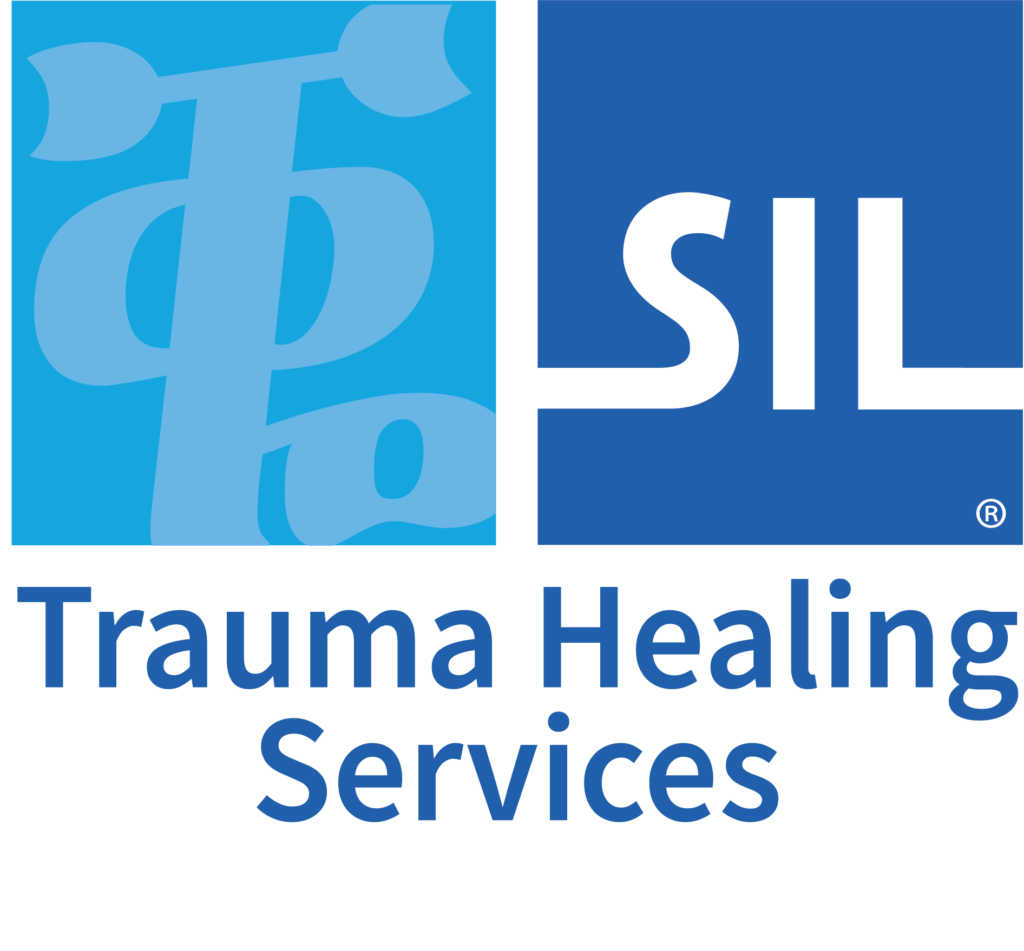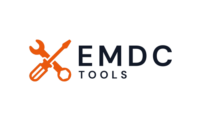
Trauma is a deep wound of the heart and mind that takes a long time to heal. It hurts every part of us: our relationships, our bodies, our thoughts, and our faith. Trauma is experienced not only by individuals but by families, churches, communities, and even nations. Those who suffer directly and those who witness others’ suffering are all affected.
Website: https://www.sil.org/trauma-healing
How This Works
In this program, church leaders and lay people are equipped to care for those with deep emotional and spiritual injuries caused by violence, abuse, conflict, forced migration, or natural disasters. The core programs—based on the resource, Healing the Wounds of Trauma: How the Church Can Help—combine biblical and mental health resources to produce an effective intervention that fosters healing and restores relationships with God and others. Participatory learning helps the people in your community connect the teaching with their circumstances. Small-group conversation and creative exercises such as composing original laments, drawing, and taking their pain to the cross help them express their pain without getting stuck there. Once healed of their trauma, people are often able to forgive and eventually to be reconciled with those who inflicted the pain. This trauma healing program was developed by SIL members, and the Trauma Healing Institute was created to provide ongoing support. The program has been used in 130+ countries and some or all of the materials translated into around 200 languages. There are separate editions of the Trauma Healing material for children and teens, as well as a story-based version for communities that do not use written language or prefer oral communication.
Finer Details
Financial cost: Varies greatly depending on requirements and trauma healing resources already available in the area.
What personnel are needed to bring this resource to fruition, (make the resource available in another language)?
Trained translator, oral translator, Translation Consultant, trainer
What kind of technical expertise is needed to adapt this resource to your situation?
None
How much time is required to do all the work required to bring the resource to completion?
Depends on what is meant by completion: training for facilitators takes one week, after which those trained can lead healing groups in their community; developing a self-sustaining program within a community requires 3-5 years.
What sort of logistical setting is needed? (e.g. quiet space for recording, good Internet access)
Determined on case-by-case basis.
What level of help is available?
Intermediate – access to ongoing help
Unique Characteristics
This is a resource with transformational impact that can be implemented through lay people without a high level of education. This May Be a Good Tool for Your Community if: people within your community suffer from the deep wounds left by traumatic experiences; whether recent experiences or hurts caused in years past whose effects linger.
